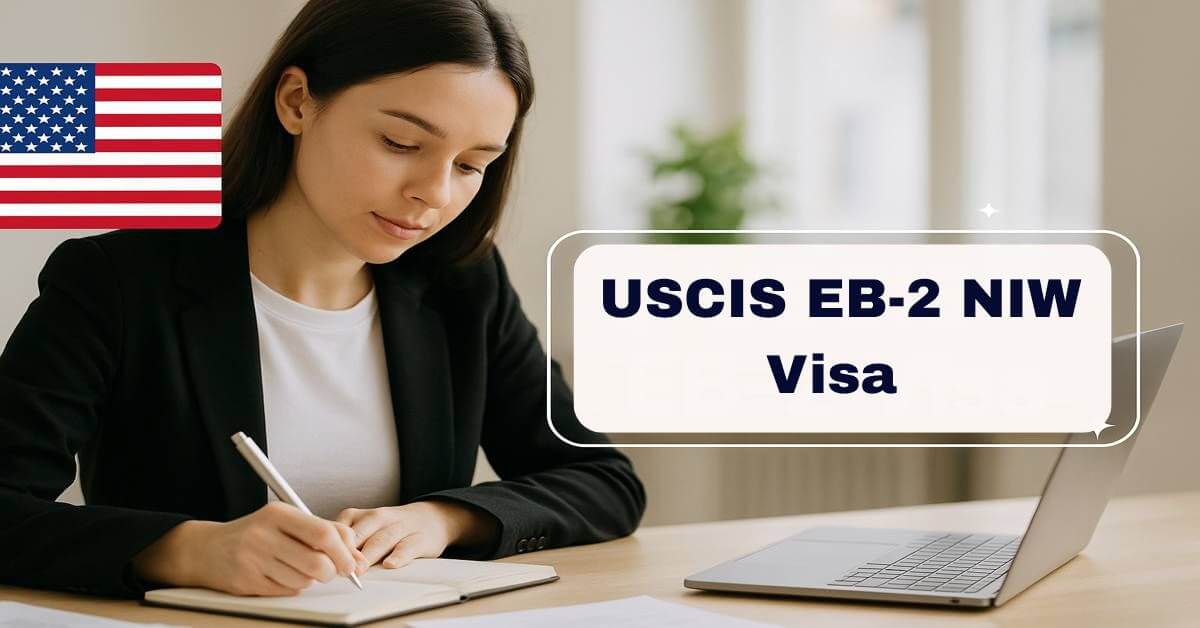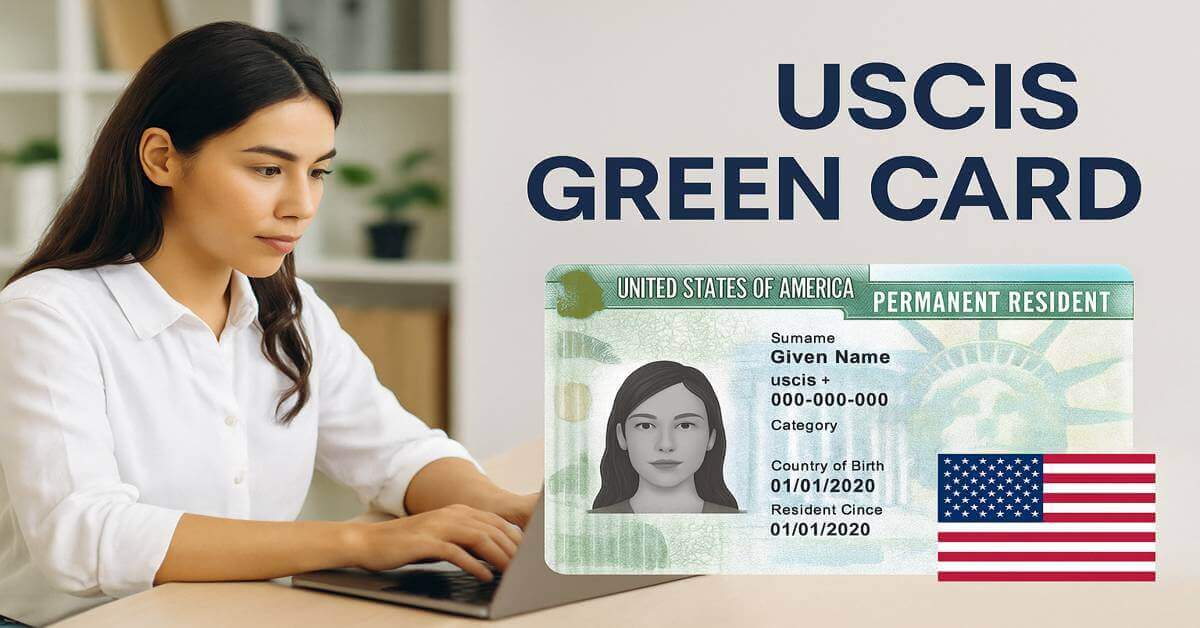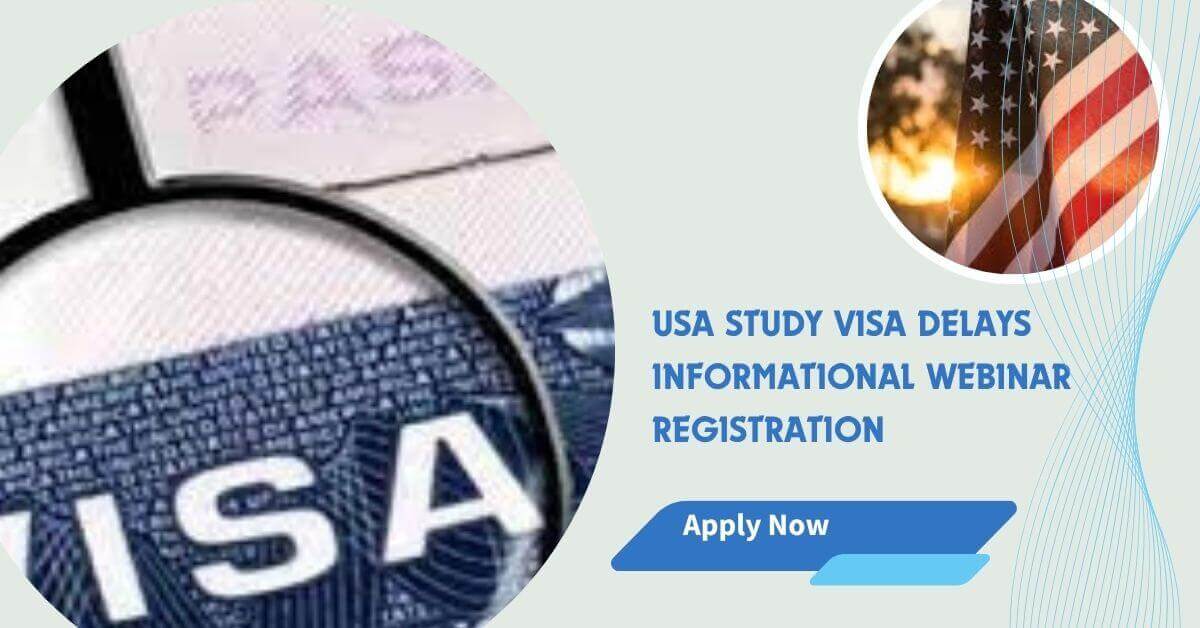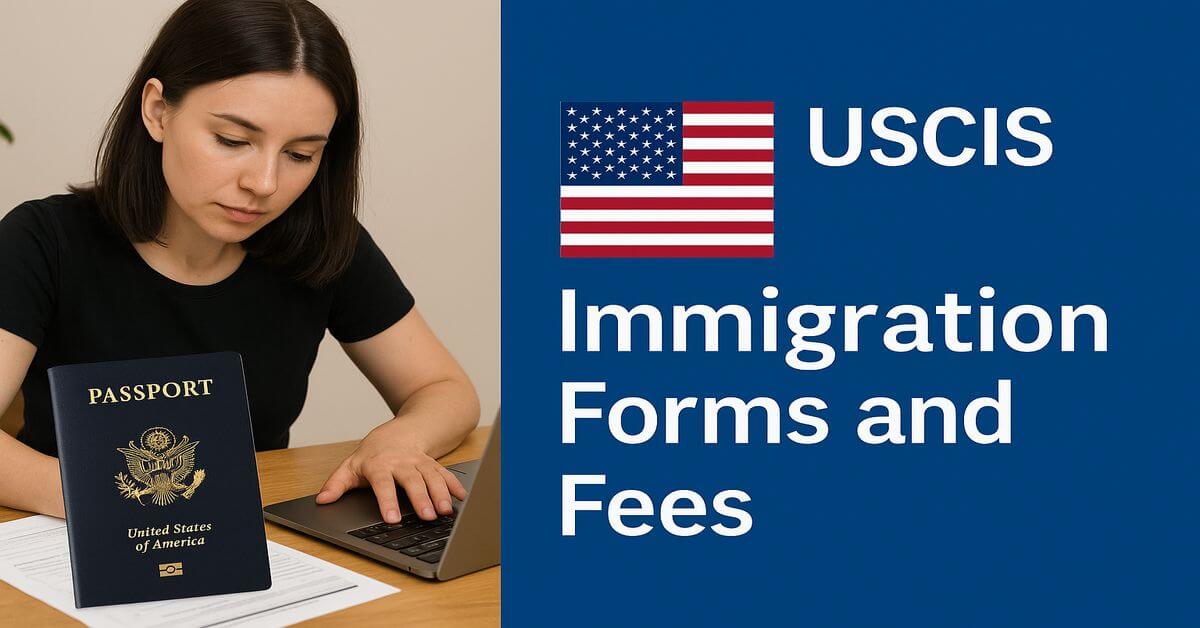An EB-2 NIW visa (National Interest Waiver) is a U.S. employment-based green card option for professionals with an advanced degree or exceptional ability whose work benefits the United States.
The key advantage of the NIW is that you can self-petition without a job offer or a PERM labor certification — a requirement normally needed for employment-based green cards.
Once approved, the EB-2 NIW grants lawful permanent residence (Green Card), allowing you to live and work in the U.S. permanently.
Eligibility Requirements:
To qualify for the EB-2 NIW, you must:
Step 1: Meet EB-2 Basic Eligibility
You must have:
- An advanced degree (U.S. master’s or foreign equivalent), or
- A bachelor’s degree plus 5 years of progressive work experience, or
- Exceptional ability in sciences, arts, or business
Step 2: Satisfy the 3 NIW Criteria (Based on Matter of Dhanasar)
- Substantial Merit and National Importance
- Your proposed work must have a meaningful benefit to the U.S. (e.g., improving public health, technology, education, economy, etc.)
- Well-Positioned to Succeed
- You must demonstrate a strong record of success, relevant education, skills, and a plan for carrying out your proposed work.
- Waiver Benefits the U.S. National Interest
- You must show that waiving the job offer and PERM requirement will benefit the U.S. more than enforcing them.
Supporting Evidence:
Check Also: U.S EB-3 Visa – Complete Immigration Guide
For Advanced Degree:
- Degree certificate and transcripts (U.S. master’s or foreign equivalent)
- Employer letters showing 5+ years of experience if you only hold a bachelor’s
For Exceptional Ability (3 of the following required):
- Academic record in your area of ability
- Letters confirming 10+ years of work experience
- License or certification to practice your profession
- Membership in professional associations
- Evidence of major contributions, awards, or recognition
- Proof you command a high salary or remuneration
- Any other comparable evidence
For NIW Criteria:
- Project plans, business plans, or research summaries
- Letters of recommendation from industry experts
- Publications, patents, news articles highlighting your work
- Funding or investment documentation (for entrepreneurs)
- Contracts, letters of interest, or partnerships
Filing Process for EB-2 NIW
- Prepare and File Form I-140
- Filing fee: $715
- Include all supporting documents (credentials + NIW evidence)
- Green Card Application (if a visa number is available):
- If in the U.S., file Form I-485 (Adjustment of Status)
- Fee: $1,140 plus $85 biometrics
- Include medical exam (~$200-$400)
- If outside the U.S., go through Consular Processing
- Visa application fee: $345
- If in the U.S., file Form I-485 (Adjustment of Status)
Processing Time:
- USCIS instructions for submitting I-140.: ~10.5 to 26.5 months (varies by service center)
- I-485 (Adjustment of Status): ~12 to 30+ months
- Consular Processing: ~4 to 6 months
EB-2 National Interest Waiver (NIW):
The EB-2 National Interest Waiver (NIW) is a U.S. immigration pathway for individuals who possess an advanced degree or exceptional ability in their field and whose proposed work will benefit the United States. The NIW removes the requirement for a job offer and labor certification, allowing eligible applicants to self-petition for a green card.
This waiver is particularly attractive to professionals in science, technology, education, health, business, or culture whose contributions can serve the U.S. national interest. Common applicants include researchers, entrepreneurs, doctors, and engineers. The process involves submitting Form I-140 to USCIS with evidence of eligibility and national benefit.
EB-2 NIW Self-Petition:
One of the most appealing aspects of the EB-2 NIW visa is the ability to self-petition, meaning you do not need a U.S. employer to sponsor you. This makes the NIW route ideal for individuals with independent research, projects, or businesses that contribute significantly to U.S. society.
To file a self-petition, you must submit Form I-140, a personal statement detailing your work’s national importance, and supporting documents showing your qualifications. The self-petition option offers flexibility and control over your immigration process, especially for researchers, PhD holders, and entrepreneurs.
Exceptional Ability Immigrant Visa:
The Exceptional Ability immigrant visa falls under the EB-2 visa category and is designed for individuals with a degree of expertise significantly above what is normally encountered in their profession. This may include areas such as the sciences, arts, or business.
To qualify, applicants must meet at least three of the following:
- Official academic record
- Letters from employers proving at least 10 years of experience
- Professional license or certification
- Commanding a high salary indicating exceptional ability
- Membership in professional associations
- Recognition for achievements
Those who meet this standard and can show their work serves U.S. national interest may qualify for an NIW without employer sponsorship.
Form I-140 for NIW:
Form I-140, Immigrant Petition for Alien Worker, is the key document for applying under the EB-2 NIW category. Unlike most employment-based green cards, NIW applicants can file Form I-140 without a job offer or labor certification.
Key components of the I-140 NIW petition include:
- Proof of advanced degree or exceptional ability
- A national interest statement explaining how your work benefits the U.S.
- Letters of recommendation from experts in your field
- Documentation of past achievements and influence in your industry
Once approved, applicants may proceed to adjustment of status (Form I-485) or consular processing, depending on their location.
USCIS NIW Guidelines:
The USCIS NIW guidelines are based on the Matter of Dhanasar (2016) precedent, which established a new framework for evaluating National Interest Waiver requests. USCIS considers the following three prongs:
- The proposed endeavor has substantial merit and national importance.
- The applicant is well-positioned to advance the proposed endeavor.
- On balance, it would be beneficial to the U.S. to waive the job offer and labor certification requirement.
Applicants must submit detailed evidence to address each prong, such as publications, citations, patents, awards, expert letters, and media coverage. Meeting the guidelines thoroughly increases your chances of approval.
Terms Explained:
- PERM Labor Certification: A process where an employer must prove to the Department of Labor that no qualified U.S. workers are available for the job.
- Self-Petition: You can apply without an employer sponsor.
- Priority Date: The date USCIS receives your I-140 petition, which determines your place in the green card queue.
EB-2 NIW vs. Regular EB-2:
| Feature | EB-2 NIW | Regular EB-2 |
|---|---|---|
| Job Offer Required? | No | Yes |
| PERM Required? | No | Yes |
| Self-Petition Allowed? | Yes | No |
| Processing Time | Medium to Long | Medium to Long |
| Best For | Entrepreneurs, Researchers | Sponsored Professionals |
Additional Information:
- Provide organized, labeled evidence for each NIW criterion
- Submit clear letters of recommendation from recognized experts
- Include a detailed plan showing your project’s long-term impact
- Consider using a credential evaluation service to confirm foreign degree equivalency (e.g., WES or ECE)
- USCIS instructions for submitting I-140.
Frequently Asked Questions:
-
What is the EB-2 NIW visa?
The EB-2 National Interest Waiver (NIW) visa is a U.S. green card pathway for individuals with an advanced degree or exceptional ability, whose proposed work benefits the national interest of the United States. Unlike standard EB-2 visas, the NIW allows you to self-petition meaning no job offer or employer sponsorship is required.
-
Can I apply for the EB-2 NIW without a job offer?
Yes. The NIW waives the job offer and PERM labor certification requirements, allowing applicants to file independently.
-
What qualifies as “exceptional ability”?
Exceptional ability means having a degree of expertise significantly above that ordinarily encountered in your field (science, business, or arts). You’ll need to provide at least 3 types of supporting evidence (e.g., 10+ years of experience, licenses, publications, etc.).





